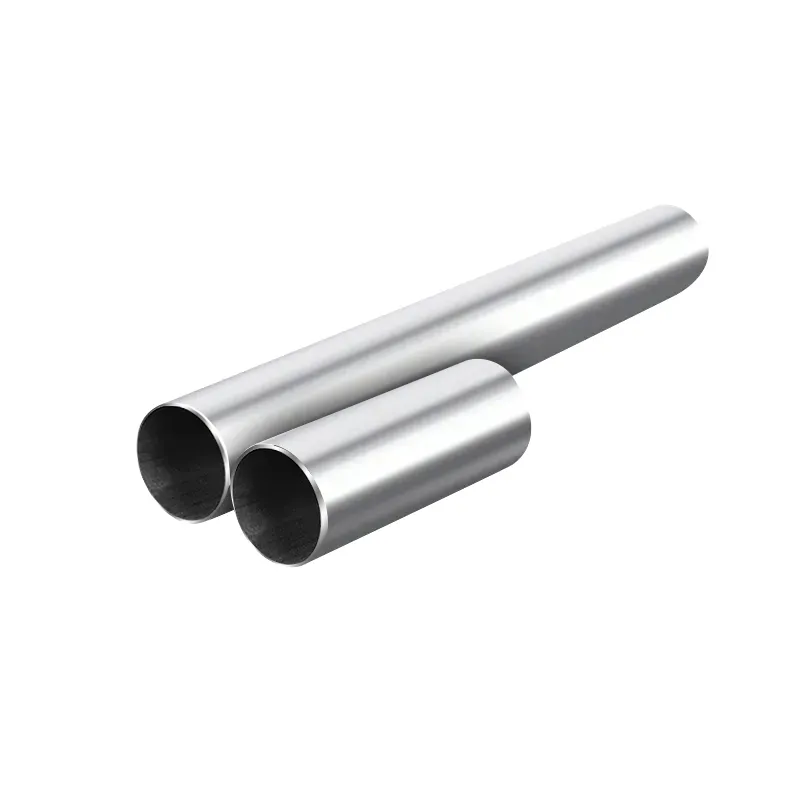

The Role of Automotive Parts Suppliers in the Modern Automotive Industry
The automotive industry is a complex and intricate network of manufacturers, suppliers, and distributors working together to produce vehicles for an ever-evolving market. At the heart of this ecosystem lie automotive parts suppliers, who play a crucial role in ensuring that the production of vehicles runs smoothly and efficiently. This article explores the significance of automotive parts suppliers, their challenges, and their future in a time of rapid change.
Automotive parts suppliers provide the essential components that make up a vehicle, ranging from engines and transmissions to braking systems and interior fittings. These suppliers can be categorized into various tiers. Tier 1 suppliers deal directly with vehicle manufacturers, supplying complete systems and modules, while Tier 2 and Tier 3 suppliers focus on specific components and raw materials. This hierarchical structure allows for specialization and efficiency, as suppliers can concentrate on their core competencies.
One of the primary advantages of having a diverse base of suppliers is the increase in innovation. Automotive parts suppliers are often at the forefront of research and development, constantly exploring new materials and technologies to enhance vehicle performance and safety. For instance, advancements in lightweight materials and electric vehicle components are driven largely by collaboration between automakers and parts suppliers. As the automotive industry shifts towards electrification, suppliers are adapting by investing in battery technologies and electric powertrains.
However, the automotive parts supply chain is not without its challenges. Globalization has introduced complexity in logistics, as suppliers often source materials and components from around the world. This interconnectedness can lead to vulnerabilities, as seen during the COVID-19 pandemic, when disruptions in supply chains resulted in production delays and shortages of critical components. In response, manufacturers and suppliers are increasingly focusing on resilience by diversifying their sourcing strategies and investing in local supply chains.

The rapid pace of technological advancement also poses a challenge for automotive parts suppliers. As vehicles become more connected and automated, the demand for sophisticated electronics and software integration grows. Suppliers must upgrade their capabilities to meet these changing requirements. This transition often necessitates significant investments in R&D and workforce training to keep pace with emerging technologies like artificial intelligence, machine learning, and advanced driver-assistance systems (ADAS).
Sustainability is another pressing concern. With growing awareness of environmental issues, there is increasing pressure on automotive parts suppliers to adopt sustainable practices. This includes reducing carbon footprints, minimizing waste in manufacturing processes, and sourcing materials responsibly. Many suppliers are embracing this challenge, implementing eco-friendly practices, and collaborating with automakers to develop greener components.
Looking ahead, the future of automotive parts suppliers will be shaped by trends such as electrification, automation, and changing consumer preferences. The rise of electric vehicles (EVs) presents new opportunities, as suppliers develop components specifically for EV platforms, such as battery packs and charging systems. Moreover, as the automotive industry moves towards shared mobility and autonomous vehicles, suppliers may find themselves playing new roles, contributing to systems that facilitate innovative transportation solutions.
In conclusion, automotive parts suppliers are indispensable to the automotive industry, driving innovation and ensuring efficiency throughout the production process. While they face numerous challenges, including global supply chain disruptions and the need for sustainability, their adaptability and focus on advanced technologies position them well for the future. As the automotive landscape continues to evolve, these suppliers will remain at the forefront, helping to shape the next generation of vehicles and transportation solutions.